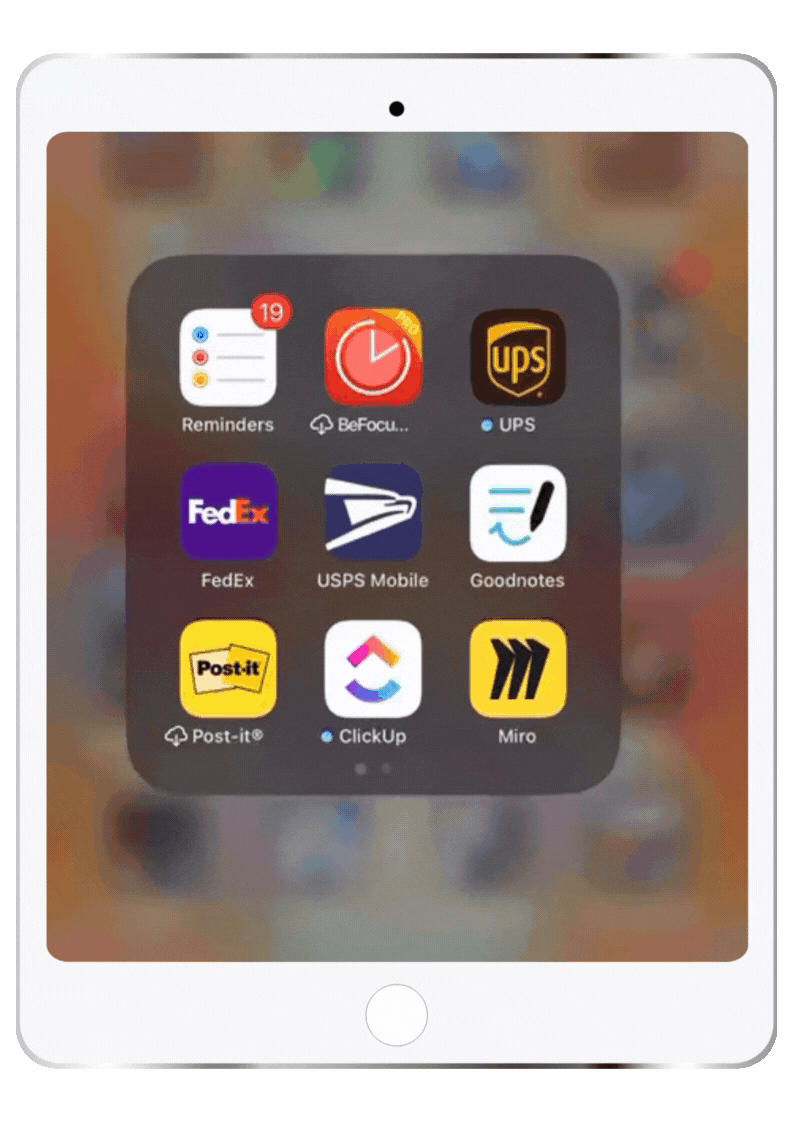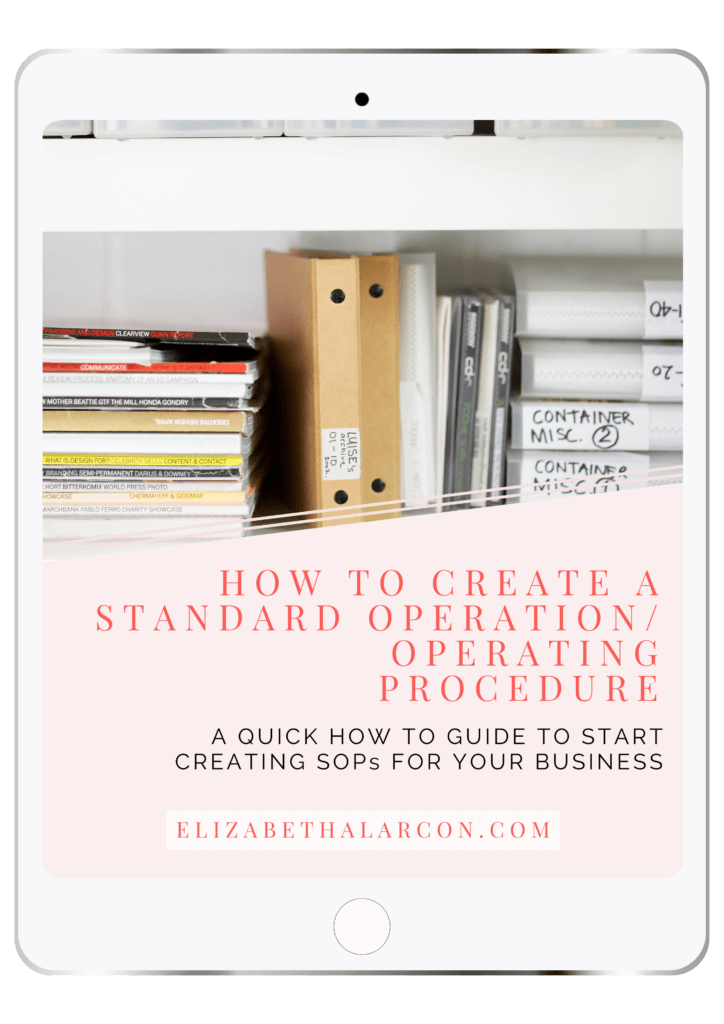Adapt, Innovate, and Thrive: How to Become a Successful Agile Entrepreneur
Ever wondered what agility means in the business world? It's not just about moving fast—it's about being adaptable, cutting-edge, and ready to pivot at a moment's notice. Agility has become the secret sauce for innovative startups and tech companies that thrive in our ever-changing world. Let's dive into what it means to be an agile entrepreneur and how you can harness this powerful approach to drive your business forward.
What is Business Agility?
When we talk about agility in business, we're talking about a company's ability to move quickly and easily. But it goes beyond just speed. Agility is about being flexible and responsive, capable of adapting to changes in the market, customer needs, and the overall business environment. Think of it as having a GPS for your business that recalculates your route as you go, ensuring you reach your destination no matter what obstacles you encounter.
A practical example of business agility can be seen in how companies like Adobe operate. Traditionally, businesses used annual performance reviews to assess employee performance. Adobe, however, has replaced these with ongoing “check-ins” between employees and managers. This approach allows for continuous feedback and adjustments, fostering a more dynamic and supportive work environment. By staying adaptable and responsive to employee needs, Adobe ensures its teams remain engaged and productive.
Why Should Entrepreneurs Be Agile?
In today's fast-paced world, digital transformation is happening incredibly fast. Every industry is experiencing rapid changes, and customer expectations are constantly evolving. For entrepreneurs, agility is crucial because it enables them to adapt to these changes quickly. Imagine you're sailing a boat—agility is like having the ability to swiftly change your sails and course in response to the wind and waves, ensuring you stay on track and avoid potential hazards.
Agile entrepreneurs are not just quick on their feet; they are also more willing to take risks and learn from their mistakes. This mindset fosters innovation and encourages experimenting with new ideas and approaches. Traditional business managers often rely on established best practices, but you must be ready to break the mold and forge your own path as an entrepreneur. The ability to adapt and innovate sets agile entrepreneurs apart and allows them to thrive in uncertain and dynamic environments.

How to Develop an Agile Mindset
The good news is that you can develop an agile mindset, even if it doesn't initially come naturally to you. One of the key components of agility is the willingness to ask questions. Challenge the status quo, and don't accept things as they are. For instance, if someone tells you a business process must be followed, ask, “Why?” Understanding the rationale behind practices allows you to identify opportunities for improvement and innovation.
Exploring different paths is another critical aspect of agility. Entrepreneurs with an agile mindset are unafraid to take the road less traveled. They recognize that not every path will lead to success, but each journey offers valuable lessons. This willingness to explore and experiment is essential for discovering new opportunities and staying ahead of the competition. Remember, even when a new path doesn't yield immediate results, the insights gained can inform future decisions and strategies.
Embracing failure is also essential for developing an agile mindset. As an entrepreneur, you will inevitably encounter setbacks and challenges. Instead of fearing failure, view it as a learning opportunity. Each failure provides valuable lessons that can help you refine your approach and make better decisions in the future. You can build resilience and adaptability by adopting a growth mindset and seeing failure as a stepping stone to success.
Believing in yourself is crucial. Confidence in navigating challenges and finding solutions is a cornerstone of agility. Trust that you can run your business agilely and adapt to whatever comes your way. This self-belief will empower you to take bold steps and make decisive moves that drive your business forward.
Dreaming big is the final piece of the puzzle. While setting small, achievable goals is important for building momentum, the big, audacious goals inspire and motivate you to push boundaries. Dreaming big means envisioning the impact you want to have and working tirelessly towards that vision. This ambitious mindset will keep you driven and focused, even in the face of obstacles.
Benefits of Agile Practices in Entrepreneurship
Enhanced Flexibility: One of the most significant benefits of agile practices is adapting quickly to changes. In the business world, things can change instantly—new market trends emerge, customer preferences shift, and unforeseen challenges arise. Agile practices enable you to pivot and adjust your strategies promptly. This flexibility ensures you can respond effectively to any situation, keeping your business relevant and competitive.
Improved Customer Satisfaction: Agile practices prioritize customer collaboration and feedback. You can better meet their needs and expectations by continuously engaging with your customers and incorporating their input into your product or service development. This customer-centric approach leads to higher satisfaction rates, as your offerings are more likely to align with what your customers truly want.
Faster Time to Market: In a rapidly changing market, quickly getting your products or services to customers is essential. Agile methodologies, such as iterative development and continuous delivery, enable you to launch minimum viable products (MVPs) swiftly. This approach reduces the time it takes to bring new offerings to market, allowing you to stay ahead of competitors and capture market opportunities early.
Increased Innovation: Agility fosters a culture of experimentation and innovation. You create an environment where innovation can flourish by encouraging your team to test new ideas and iterate based on real-world feedback. This constant experimentation leads to creative solutions and improvements that keep your business on the cutting edge.
Better Risk Management: Agile practices involve regular assessment of progress and risks through iterative cycles. This ongoing evaluation allows you to identify potential issues early and adjust your strategies accordingly. By addressing risks proactively, you can mitigate their impact and ensure smoother project execution.
Empowered Teams: Agile promotes collaboration and ownership among team members. When teams are empowered to make decisions and contribute meaningfully to projects, they become more motivated and productive. This sense of ownership and responsibility leads to higher-quality work and a more engaged workforce.
Continuous Improvement: Agile encourages a mindset of continuous inspection and adaptation. By regularly reviewing your processes and outcomes, you can identify areas for improvement and make necessary adjustments. This commitment to ongoing enhancement ensures that your business remains efficient and effective.
Resource Optimization: Agile practices prioritize high-value tasks and eliminate unnecessary work. This approach helps you make more efficient use of your time and resources, ensuring that your efforts are directed towards activities that most impact your business.

Tools and Software for the Agile Entrepreneur
To truly embrace agility, you'll need the right tools and software to support your journey. These tools can help you stay organized, collaborate effectively, and respond swiftly to changes. Here are some essential tools that can enhance your agility:
1. Project Management Tools:
- Trello: Trello is a visual project management tool that uses boards, lists, and cards to help you organize tasks and collaborate with your team. Its intuitive interface makes it easy to track progress and stay on top of deadlines.
- Asana: Asana is a comprehensive project management tool that allows you to track projects easily, set deadlines, and manage workloads. It offers features like task assignments, progress tracking, and project timelines.
- ClickUp: ClickUp is an all-in-one project management tool that combines task management, goal tracking, and time management features. It offers flexibility and customization options, making it ideal for agile teams looking to streamline their workflows.
2. Communication and Collaboration Tools:
- Slack: Slack is a real-time messaging app facilitating team communication and collaboration. It helps you stay connected with your team, share updates, and quickly address any issues.
- Microsoft Teams: Microsoft Teams is an all-in-one collaboration platform integrating with Office 365. It allows you to chat, meet, and collaborate on documents, making it easy to stay aligned and productive.
3. Customer Feedback Tools:
- SurveyMonkey: SurveyMonkey is a survey tool for gathering customer feedback and insights. Collecting and analyzing customer opinions allows you to make data-driven decisions and improve your offerings.
- Typeform: Typeform is an interactive form and survey tool that makes collecting and analyzing customer feedback easy. Its user-friendly interface encourages higher response rates and provides valuable insights.
4. Development and Deployment Tools:
- JIRA: JIRA is a software development tool agile teams use to plan, track, and release great software. It offers issues tracking, project management, and reporting, helping you stay organized and on track.
- GitHub is a platform for version control and collaboration. It enables agile teams to work together on code from anywhere and provides tools for code review, project management, and continuous integration.
5. Analytics and Reporting Tools:
- Google Analytics: Google Analytics is a web analytics service that tracks and reports website traffic. It helps you understand your audience, measure the effectiveness of your marketing efforts, and make informed decisions.
- Tableau: Tableau is a data visualization tool that allows you to create interactive and shareable dashboards. It provides insights into your business performance, helping you identify trends and make data-driven decisions.
Embracing Agility
Becoming an agile entrepreneur means being ready to pivot, adapt, and innovate. It's about asking the right questions, exploring new paths, embracing failure, believing in yourself, and dreaming big. Agility is your ticket to navigating the unpredictable business world and coming on top. So, are you ready to become an agile entrepreneur? Let's do this!
THIS SITE USES AFFILIATE LINKS. THERE’S NO EXTRA COST TO YOU, BUT I RECEIVE A SMALL COMMISSION WHEN YOU USE THEM.
PIN ME!













💁🏻♀️ Community Guidelines
To ensure a positive and respectful environment for everyone, please take a moment to review our Community Guidelines. Following these guidelines helps us maintain a safe space for all.